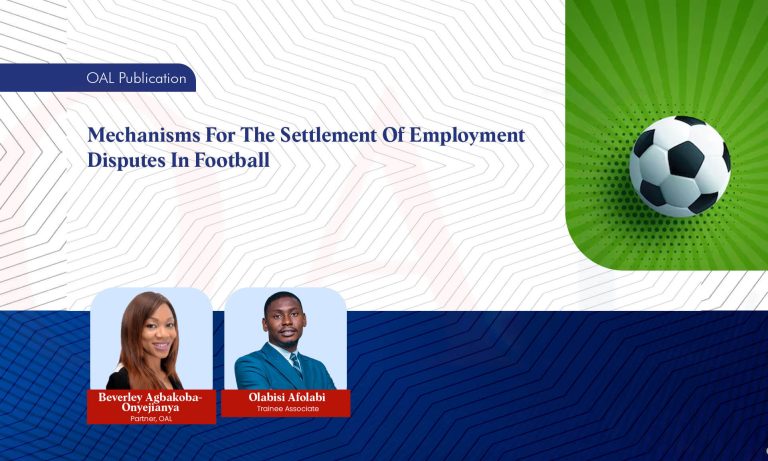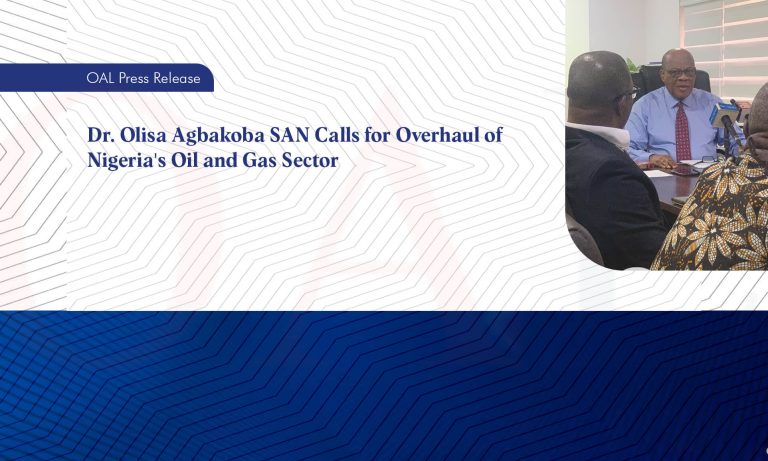

The case of Anne Chioma Njemanze and Zeb Ejiro over the trademark registration application for “DOMITILLA” in Class 41 is an example of bad faith registration of trademarks. In this case, the tribunal found that the respondent had registered the trademark in bad faith and was not the true proprietor of the mark. The tribunal cited legal principles from the Trademarks Act, the AL BASSAM Trademark case, and the Harrison’s Trademark Application case to establish this decision.
The petitioner, Zeb Ejiro, had challenged the respondent’s trademark registration application on the grounds that the respondent had registered the trademark in bad faith and was not the true proprietor of the mark. The tribunal found that the only evidence the respondent had provided to support their trademark application was an “Acknowledgment” and “Acceptance” letter issued to them by the Trademarks Registry. This was not sufficient to establish true ownership or proprietorship of the mark, as required by Section 18 of the Trademarks Act.
Also read: Why SMEs Need Data Protection Compliance Organisation (DPCO)
Moreover, the respondent had acted in the film series DOMITILLA 1 & 2 for the petitioner, indicating that the trademark “DOMITILLA” did not belong to the respondent. The tribunal referred to the English case of Harrison’s Trademark Application (2005) FSR 10 and Kerly’s Law of Trademarks and Trade Names (16th Edit) to establish the legal principles around bad faith registration of trademarks.
The tribunal found that the respondent’s application to register the trademark was made in bad faith and intended to exploit another person’s trademark. The right to apply to register a trademark is granted only to the true proprietor thereof. Section 18(1) of the Trademarks Act provides that any person claiming to be the proprietor of a trademark used or proposed to be used by them who is desirous of registering it must apply in writing to the Registrar in the prescribed manner for registration. By implication, the Trademarks Act precludes anybody that is not the proprietor of a trademark from seeking to register it.
The tribunal refused the respondent’s trademark application and found that the petitioner was entitled to continue using the mark “DOMITILLA”. This case highlights the importance of vigilance and proactiveness in safeguarding trademarks and protecting intellectual property rights.
Conclusion
In conclusion, bad faith registration of trademarks can have significant implications for businesses and consumers alike. It can lead to the loss of valuable intellectual property rights, weakened brand recognition, and costly legal disputes. The case of Anne Chioma Njemanze and Zeb Ejiro over the trademark registration application for “DOMITILLA” in Class 41 is an example of the dangers and challenges associated with bad faith registration of trademarks. It is important for businesses to be vigilant and take proactive steps to protect their trademarks and for legal practitioners to ensure that their clients’ trademarks are registered and protected in a manner that is compliant with the law.
Authors



